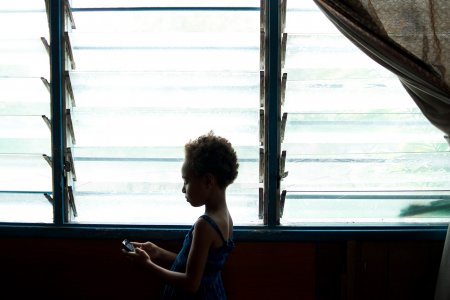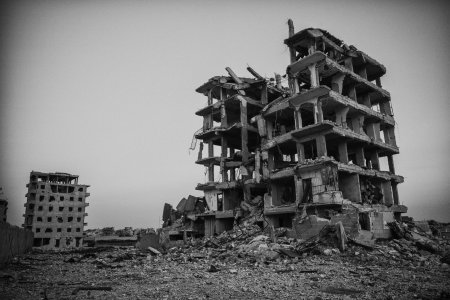
Motivations for mass violence: different interpretations
Nicolas Mariot
The conference – debate, was held on Thursday, October 3rd, 2019, at 6 pm, at MSF, 8 rue Saint Sabin.
What turns ordinary men into killers? The CRASH team organized a conference – debate with the sociologist and historian Nicolas Mariot, author of an article entitled « Faut-il être motivé pour tuer ? Sur quelques explications aux violences de guerre » (Genèses, n°53, 2003, p. 154-177) and books such as “Face à la persécution. 991 Juifs dans la guerre" (with Claire Zalc, Paris, Odile Jacob, 2010), “Tous unis dans la tranchée ? 1914-1918, les intellectuels rencontrent le peuple" (Paris, Seuil, 2013).
Nicolas Mariot presented two different interpretations of motivations for mass violence in the 20th century, drawn from a series of studies and surveys on the subject.
The first interpretation is culturalist. It suggests that massacres are motivated by hate due to racism, antisemitism, nationalism, fundamentalism, etc. This suggestion that the motivation for killing is rooted in a culture of hate has convinced a broad public. Some journalists and political personalities find scientific credibility in a vision of the world that reduces mass violence (in Syria, Central African Republic and South Sudan) to identity-based conflicts between radicalised groups opposed to each other on the simple basis of cultural, ethnic and religious differences.
The second interpretation is situational. It looks at the specific places and times at which massacres occurred. Without denying the role played by fervour, it highlights the ability of political rationales, group effects and collective conditioning to turn ordinary men into killers: pressure from groups of “friends”, local or family solidarity, micro-local rivalries, etc.
These subjects are relevant to the analyses of situations in which we work.
To cite this content :
Nicolas Mariot, “Motivations for mass violence: different interpretations”, 3 octobre 2019, URL : https://msf-crash.org/en/conferences-debates/motivations-mass-violence-different-interpretations
If you would like to comment on this article, you can find us on social media or contact us here:
ContributePast events
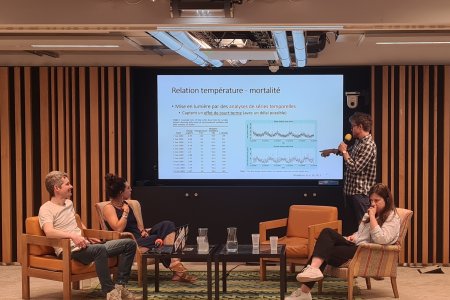 Conference
Conference
Heatwaves: what mortality rates and what are the challenges for MSF?
06/06/2024 - 08:30 PM 10:30 PMOn 6 June 2024, MSF France's Green Team and the Crash team will be delighted to welcome Lana Whittaker, Kévin Jean and Aina Roca Barceló for a conference on heatwaves.
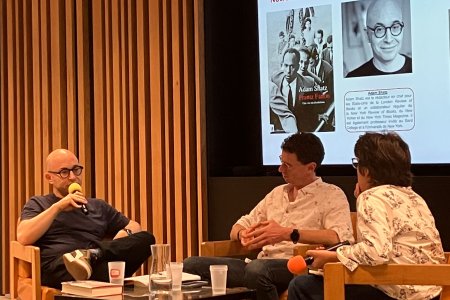 Conference
Conference
Frantz Fanon, by Adam Shatz
06/27/2024 - 08:00 PM 10:00 PMOn 27 June 2024, the Crash team welcomed the journalist and essayist Adam Shatz for a lecture on Frantz Fanon.
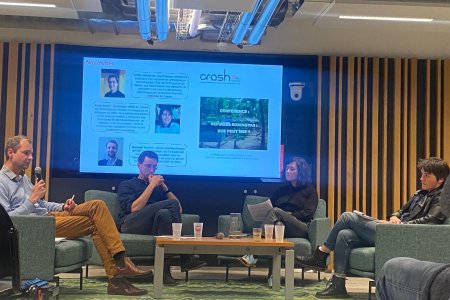 Conference
Conference
Rohingya refugees: what can MSF do?
04/04/2024 - 08:30 PM 10:30 PMOn Thursday, April 4, 2024 at 6:30pm, the CRASH team welcomed Emilie Medeiros, Eloïs Voisin and Raphaël Torlach for a conference/debate on the situation of the Rohingya refugees in Bangladesh.
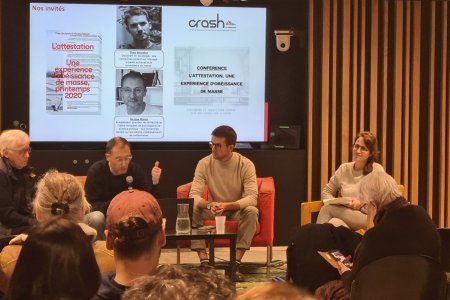 Conference
Conference
Attestation, an experiment of mass obedience
02/29/2024 - 07:00 PM 09:00 PMOn Thursday 29 February at 6.00pm, we welcomed sociologists Théo Boulakia and Nicolas Mariot, the authors of "L’Attestation. Une expérience d’obéissance de masse, printemps 2020".
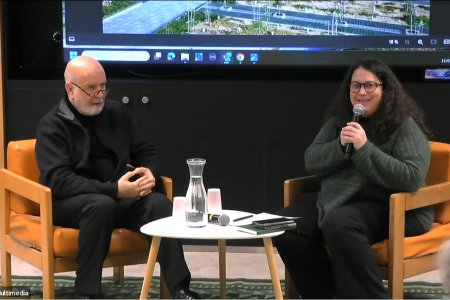 Conference
Conference
Migratory deaths, missing persons and their identification
01/11/2024 - 07:30 PM 09:30 PMOn Thursday 11 January 2024 at 6.30pm, the CRASH team welcomed artist Rachid Koraïchi, forensic anthropologist Jose-Pablo Baraybar and anthropologists Filippo Furri and Silvia Di Meo for a round table discussion on missing and dead migrants and their identification.
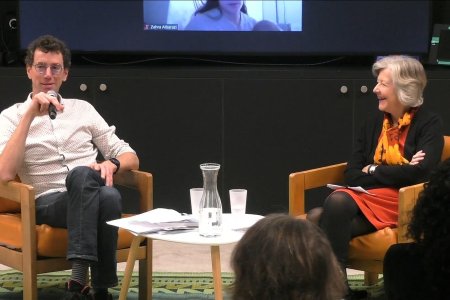 Conference
Conference
The challenges and dead ends of delivering aid in government-held areas in Syria
12/06/2023 - 07:30 PM 09:30 PMCrash and iReMMO were pleased to invite you on Wednesday 6 December at 6.30pm to a round table discussion on the challenges, constraints, and limits of humanitarian aid in Syrian government zones.

